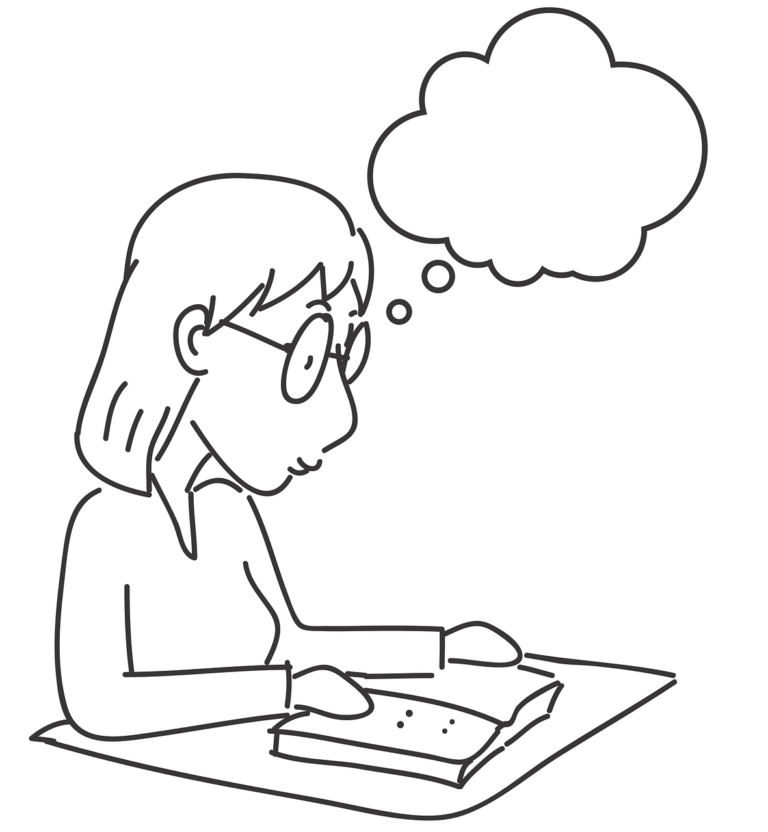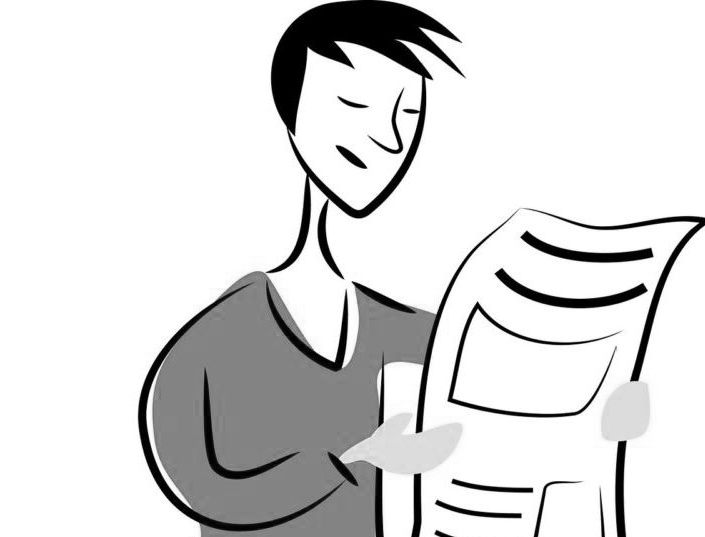The world as we know it is divided into tworich and poor. Most of us would equate success on how people view us, how much material goods we have accumulated, or just how much people accept us. We also want to have influence and control over others, which is one of the strongest reasons why we try so hard to reach the top of the ladder, so to speak. But the pursuit of trying to be on top tends to backfire as we become more absorbed on achieving a high social or career status. This preoccupation with success, for some, leads down to the road of anxiety.
Status Anxiety, according author Alain de Botton, is all about the desire to climb the social ladder and the hunger for adulation and public approval. This quest for acclaim and material prosperity has been struggle for those the have’s and have nots. This competition for status and wealth has also elicited negative reactions and behavior such as snobbery, self-importance or conceit, flattery, and indifference.
This desire to be recognized, to keep up with the Jones’ have given us too much worry; and little by little, the desire takes its toll. Before you know it, it affects the stability of your relationships. But status anxiety does not only emanate from pressures in the workplace. It can also take root inside our very own homes and family relationships. If left unattended, it leaves us frustrated and dissatisfied.
Indeed, society plays a big part since we now live in a very materialistic and status-conscious world. It is a society where money is power, where money is king, where money guarantees the ultimate status symbol of all. Our values are now easily being replaced with the craving for externalities and instant gratification, dictated upon by the fancy and confusing standards of 21st century living.
To stop ourselves from becoming part of the downward spiral, we should really stop the obsession over high social standing and material gain. Excessive materialism affects our emotional and psychological well-being. People should start to focus on what really matters in life — relationships, meaning, and purpose in life.
To do so otherwise would only result in more anxiety or panic attacks. When this condition persists, we suffer mentally, emotionally and physically. In fact, extreme anxiety can even become a debilitating situation, preventing people from pursuing normal lives. People in this harrowing situation must consult a doctor or a psychiatrist who may, in turn, prescribe anti anxiety medication, if found to be necessary.
There other avenues to consider by taking the road less traveled. You must change the way you think and take action. By transforming our value systems and priorities, we also slowly change our attitudes and reactions to the different situations we encounter each day. Instead of being trapped by the excessive desire to compete and win, people must place proper importance on the need to create a win-win solution — where everybody comes out as a winner. By taking it easy and learning how to accept ourselves as who we are, we would be able to have the right perspective in life, in work, and in love — which is crucial to have a balanced, healthy life.
There are a variety of ways and means to address stress and anxiety. For some, it can be as easy as changing a mindset or one’s way of looking at things. For others, medical intervention is a must. But the bottom line is that people must learn how to take care of themselves, as much as they need to show that they care for others. How we live, and not just how much we have, is what truly determines the richness of our lives. Our status in life should be measured by the nobility of our purpose and quality of our actions. Dwelling over what would others think and say is simply not worth having even just one sleepless night or bouts of insecurity.
Indeed, living in the 21st century has its own unique challenges and uncertainties which are enough to distress even the most talented and accomplished individual. But surely, all of us would do well the know and believe that there is more to life than just being in first place. More often, it is more important to know why we run, where we are, and where we are going in the race of life.






